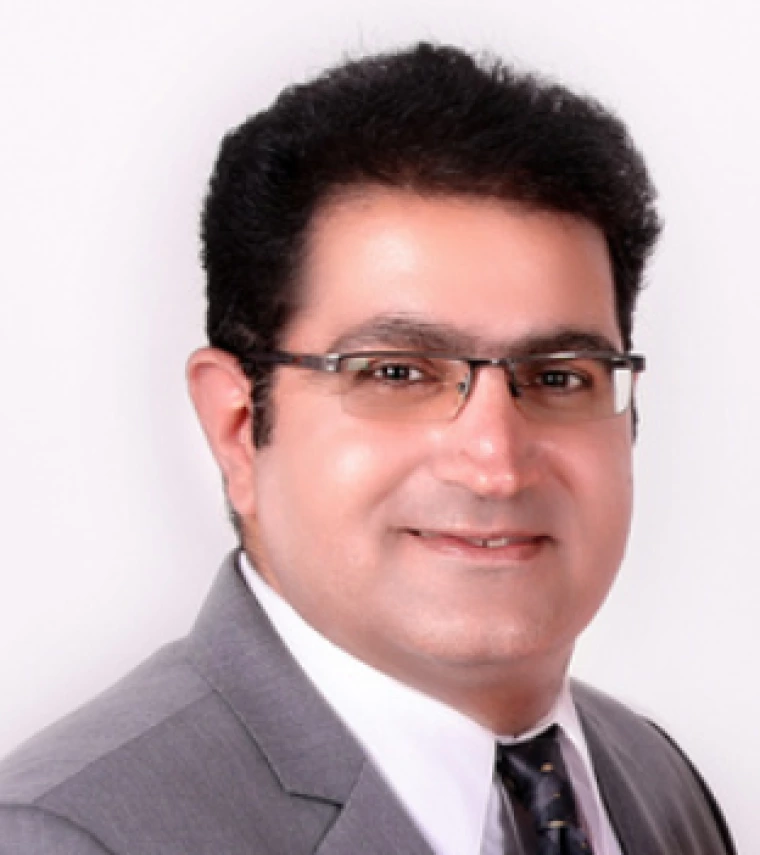Ali Behrangi
I joined the Department of Hydrology and Atmospheric Sciences at the University of Arizona as an associate professor in January 2018. My doctoral work at the University of California, Irvine was on developing high-resolution precipitation products using satellite images and my postdoctoral work at California Institute of Technology (Caltech) and Jet Propulsion Laboratory (JPL) was on analysis of cloud and precipitation products as well as their relationship with other components of the water cycle using remote sensing, reanalysis, and in situ data. As a NASA JPL scientist (2012-2018) I was involved in several projects (as principal investigator or co-investigator) on various topics including precipitation retrieval, pathfinder for microwave sounding instrument, tropical cloud and precipitation, water and energy budget studies, GRACE based water storage anomaly, hydrologic modeling, extreme weather and climate studies, mission concept and proposal development, and using diverse data sets across multiple disciplines to quantify precipitation amount and distribution over cold regions. I co-led efforts for extending the application of the Atmospheric Infrared Sensor data to drought monitoring in support of the U.S. drought monitor and led or participated in several application projects related to drought, fire, flood, and agriculture. Current research within my group at the University of Arizona follows my previous interests plus since 2017 I have been the PI for the popular Global Precipitation Climatology Project (GPCP) that has been used in over 5000 scientific journal articles and have become a science community standard for the global precipitation observation record and used in the popular climate reports such as the Intergovernmental Panel on Climate Change (IPCC). I also contribute to the efforts in support of the Earth Dynamics Observatory goals at the University of Arizona, the international precipitation working group (IPWG), and WCRP/GEWEX. I have received several awards and distinctions including the NASA Early Career Medal (2016) and Fellow of Kavli Frontiers of Science, National Academy of Sciences (2017), and UA distinguished Scholar.
Degrees
- PhD, Hydrology-Hydrometeorology, University of California Irvine


